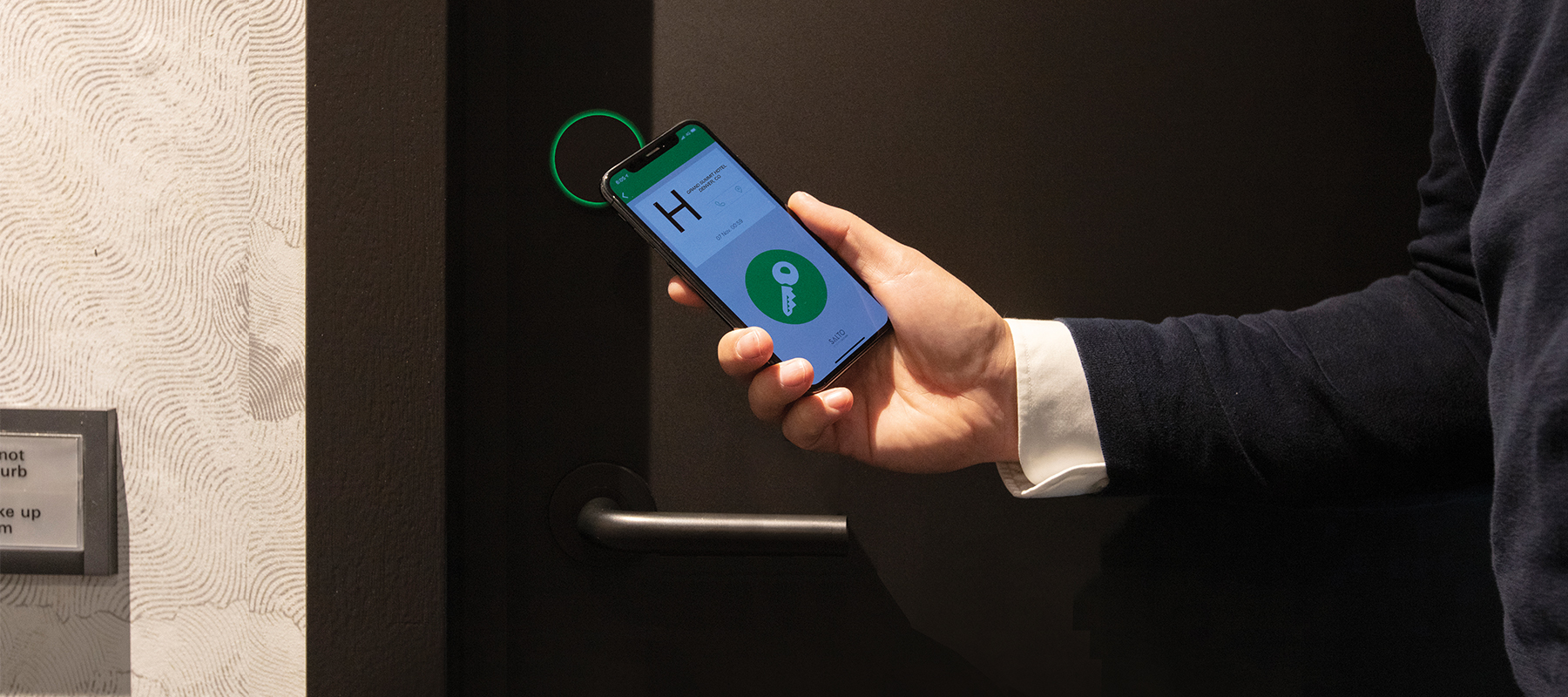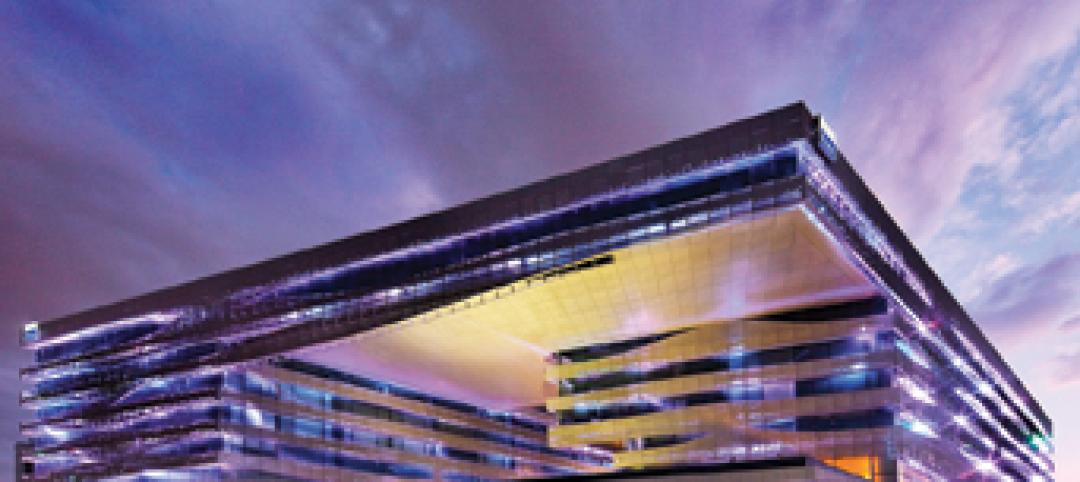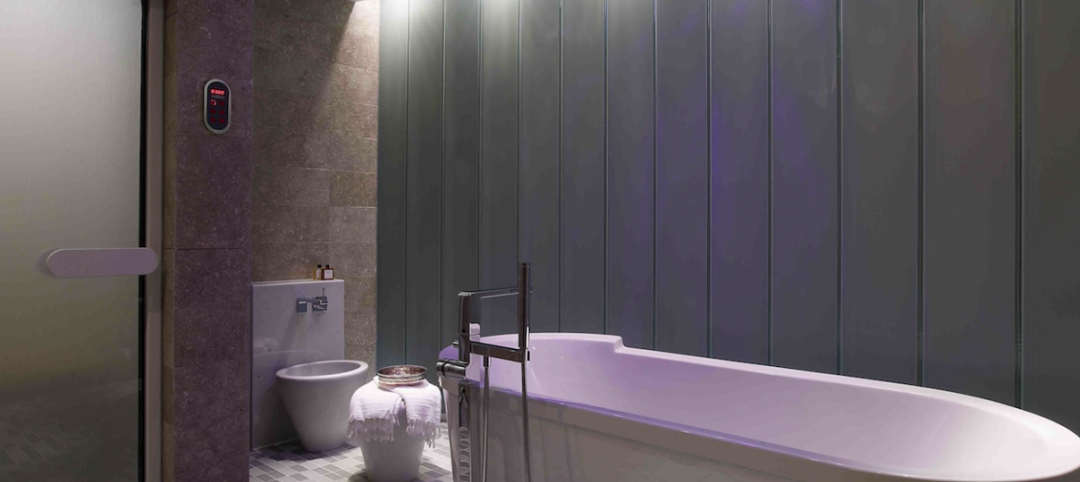Digital guest keys have come of age, overcoming many early hurdles, including technical issues, compatibility, and user adoption. Today, digital keys, accessed through a guest's smartphone, are becoming commonplace at upscale hotels and resorts and are expected to boom in popularity over the next few years. Research suggests that by 2025, mobile key adoption rates could soar above 70% in hotels worldwide. This shift is indicative of a broader trend: as people become increasingly reliant on their smartphones for a myriad of daily tasks, mobile keys are poised to become the new standard in the hospitality sector.
Enhancing Guest Experience and Efficiency
Cornell University’s School of Hotel Administration has highlighted the impact of waiting times on guest satisfaction, noting that a mere five-minute delay at check-in can cut guest satisfaction by as much as 50%. The advent of online check-in, coupled with the deployment of digital room keys, offers a solution. This technology allows guests to skip the front desk entirely and head straight to their rooms, significantly enhancing their overall experience by saving time and reducing stress.

Beyond Convenience: Safety and Operational Benefits
Digital keys offer more than just convenience; they are a cornerstone for enhancing guest safety and streamlining hotel operations. Their integration with smart home technology and the Internet of Things (IoT) is particularly noteworthy. Modern hospitality apps, when used in conjunction with mobile keys, enable guests to control various aspects of their room environment, such as lighting, temperature, and entertainment systems, directly from their smartphones. This integration creates a unified, seamless experience, allowing guests to unlock their rooms, adjust settings, and access hotel amenities through a single application.

For hoteliers, the transition to digital keys represents a dual benefit. Not only does it streamline the check-in process, but it also frees up staff to focus on providing more personalized and attentive service to guests. As technological advancements continue, it's clear that digital keys are set to become a standard feature in the hospitality industry, linking every aspect of the guest experience together.
Digital key technology represents an important step forward for the hospitality industry. The advantages for both hotels and guests ensure that mobile keys will play a key role in the industry's future.

Security Advantages of Digital Keys
Security and privacy are paramount in the digital age, and digital keys excel in these areas. Traditional keys and plastic key cards are prone to being copied, lost, or stolen. In contrast, digital keys offer a higher level of security, as access is granted through guests' smartphones, which are usually protected by passcodes or biometric authentication. Advanced encryption protocols ensure that digital keys are unique to each guest and securely managed, mitigating the risk of unauthorized access.
"Our priority at Salto, is to empower our hotel customers to deliver an outstanding and secure guest experience, by leveraging cutting-edge security features and ensuring the highest standards of safety," says Roland Smith, Hospitality Industry Solutions Leader at Salto.
Economic and Environmental Impacts
Beyond enhancing security, digital keys are also economically beneficial for hotels. They reduce the need for front desk staffing and lower the overall cost of key management. Physical keycards, which can cost hotels between $2 and $10 each, are replaced by digital keys, which incur virtually no marginal cost. This shift not only saves money but also aligns with environmental sustainability efforts by reducing plastic waste.

The transition to mobile keys, while initially challenging due to upfront costs and training requirements, is a strategic investment for the future of the hospitality industry. Digital keys promise to improve the guest experience by making hotel stays more efficient, personalized, and secure.
Unlocking the Future: A Transformative Trend in Hospitality
Mobile keys are an exciting innovation for the hospitality industry that provides numerous benefits for hotels and guests. While switching to mobile keys involves challenges like upfront costs and learning curves, the long-term benefits make it a worthwhile investment.
In conclusion, the shift towards mobile room keys in the hospitality industry is a trend driven by the growing dependency on smartphones and the demand for seamless, secure, and efficient guest experiences. Digital keys are transforming hotels into smarter, more connected spaces, where the emphasis is on ease, personalization, and security. As this technology continues to evolve and integrate with other smart systems, its role in reshaping the hospitality landscape will undoubtedly expand, marking a significant step forward in how hotels operate and serve their guests.
The future of hotel access technology is the ability to improve the guest experience and to make hotel operations more efficient—mobile keys make this a reality.
Related Stories
| Jan 4, 2011
Luxury hotel planned for Palace of Versailles
Want to spend the night at the Palace of Versailles? The Hotel du Grand Controle, a 1680s mansion built on palace grounds for the king's treasurer and vacant since the French Revolution, will soon be turned into a luxury hotel. Versailles is partnering with Belgian hotel company Ivy International to restore the dilapidated estate into a 23-room luxury hotel. Guests can live like a king or queen for a while—and keep their heads.
| Jan 4, 2011
Grubb & Ellis predicts commercial real estate recovery
Grubb & Ellis Company, a leading real estate services and investment firm, released its 2011 Real Estate Forecast, which foresees the start of a slow recovery in the leasing market for all property types in the coming year.
| Dec 17, 2010
Historic Rhode Island hotel reborn with modern amenities
The iconic Ocean House resort in Watch Hill, R.I., had to be torn down in 2005 when systemic deficiencies made restoration unfeasible. Centerbrook Architects and Planners, Centerbrook, Conn., designed a new version of the hotel, working with preservation societies to save or recreate favorite elements of the original building, and incorporating them into the contemporary structure. The new resort has 49 guest rooms and 23 residences, plus banquet halls, a corporate boardroom, a private clubroom, a spa and fitness center, an indoor lap pool, a bar, and the obligatory international croquet court. Dimeo Construction, Providence, R.I., was the construction manager.
| Dec 17, 2010
Gemstone-inspired design earns India’s first LEED Gold for a hotel
The Park Hotel Hyderabad in Hyderabad, India, was designed by Skidmore, Owings & Merrill to combine inspirations from the region’s jewelry-making traditions with sustainable elements.
| Dec 17, 2010
Vietnam business center will combine office and residential space
The 300,000-sm VietinBank Business Center in Hanoi, Vietnam, designed by Foster + Partners, will have two commercial towers: the first, a 68-story, 362-meter office tower for the international headquarters of VietinBank; the second, a five-star hotel, spa, and serviced apartments. A seven-story podium with conference facilities, retail space, restaurants, and rooftop garden will connect the two towers. Eco-friendly features include using recycled heat from the center’s power plant to provide hot water, and installing water features and plants to improve indoor air quality. Turner Construction Co. is the general contractor.
| Dec 2, 2010
GKV Architects wins best guest room design award for Park Hyatt Istanbul
Gerner Kronick + Valcarcel, Architects, PC won the prestigious Gold Key Award for Excellence in Hospitality Design for best guest room, Park Hyatt Macka Palas, Istanbul, Turkey. Park Hyatt Maçka Palace marries historic and exotic elements with modern and luxurious, creating a unique space perpetuating Istanbul’s current culture. In addition to the façade restoration, GKV Architects designed 85 guestrooms, five penthouse suites, an ultra-hip rooftop bar, and a first-of-its-kind for Istanbul – a steakhouse, for the luxury hotel.
| Nov 16, 2010
CityCenter’s new Harmon Hotel targeted for demolition
MGM Resorts officials want to demolish the unopened 27-story Harmon Hotel—one of the main components of its brand new $8.5 billion CityCenter development in Las Vegas. In 2008, inspectors found structural work on the Harmon didn’t match building plans submitted to the county, with construction issues focused on improperly placed steel reinforcing bar. In January 2009, MGM scrapped the building’s 200 condo units on the upper floors and stopped the tower at 27 stories, focusing on the Harmon having just 400 hotel rooms. With the Lord Norman Foster-designed building mired in litigation, construction has since been halted on the interior, and the blue-glass tower is essentially a 27-story empty shell.
| Nov 3, 2010
Rotating atriums give Riyadh’s first Hilton an unusual twist
Goettsch Partners, in collaboration with Omrania & Associates (architect of record) and David Wrenn Interiors (interior designer), is serving as design architect for the five-star, 900-key Hilton Riyadh.
| Oct 6, 2010
From grocery store to culinary school
A former West Philadelphia supermarket is moving up the food chain, transitioning from grocery store to the Center for Culinary Enterprise, a business culinary training school.
| Sep 30, 2010
Luxury hotels lead industry in green accommodations
Results from the American Hotel & Lodging Association’s 2010 Lodging Survey showed that luxury and upper-upscale hotels are most likely to feature green amenities and earn green certifications. Results were tallied from 8,800 respondents, for a very respectable 18% response rate. Questions focused on 14 green-related categories, including allergy-free rooms, water-saving programs, energy management systems, recycling programs, green certification, and green renovation.













